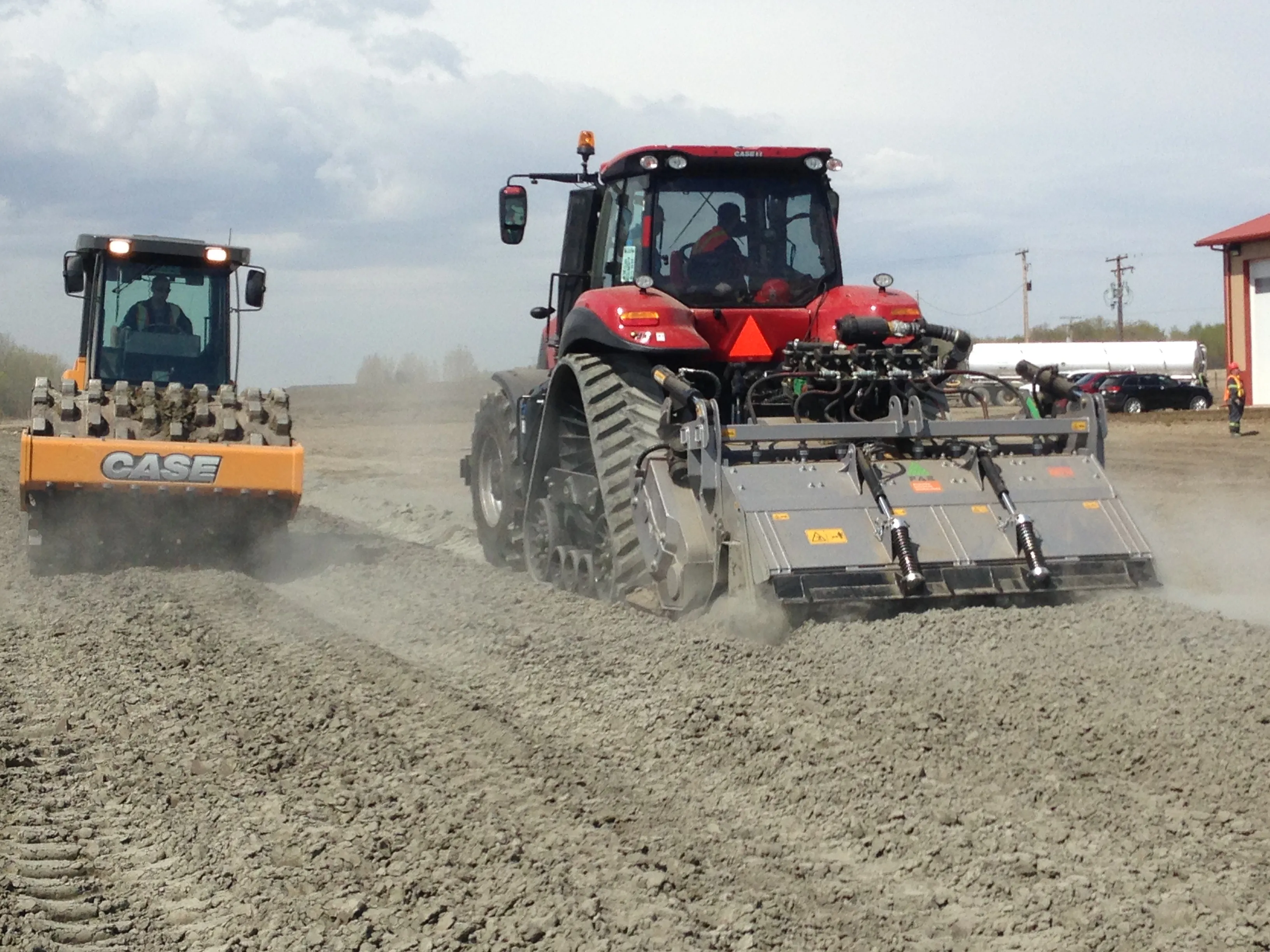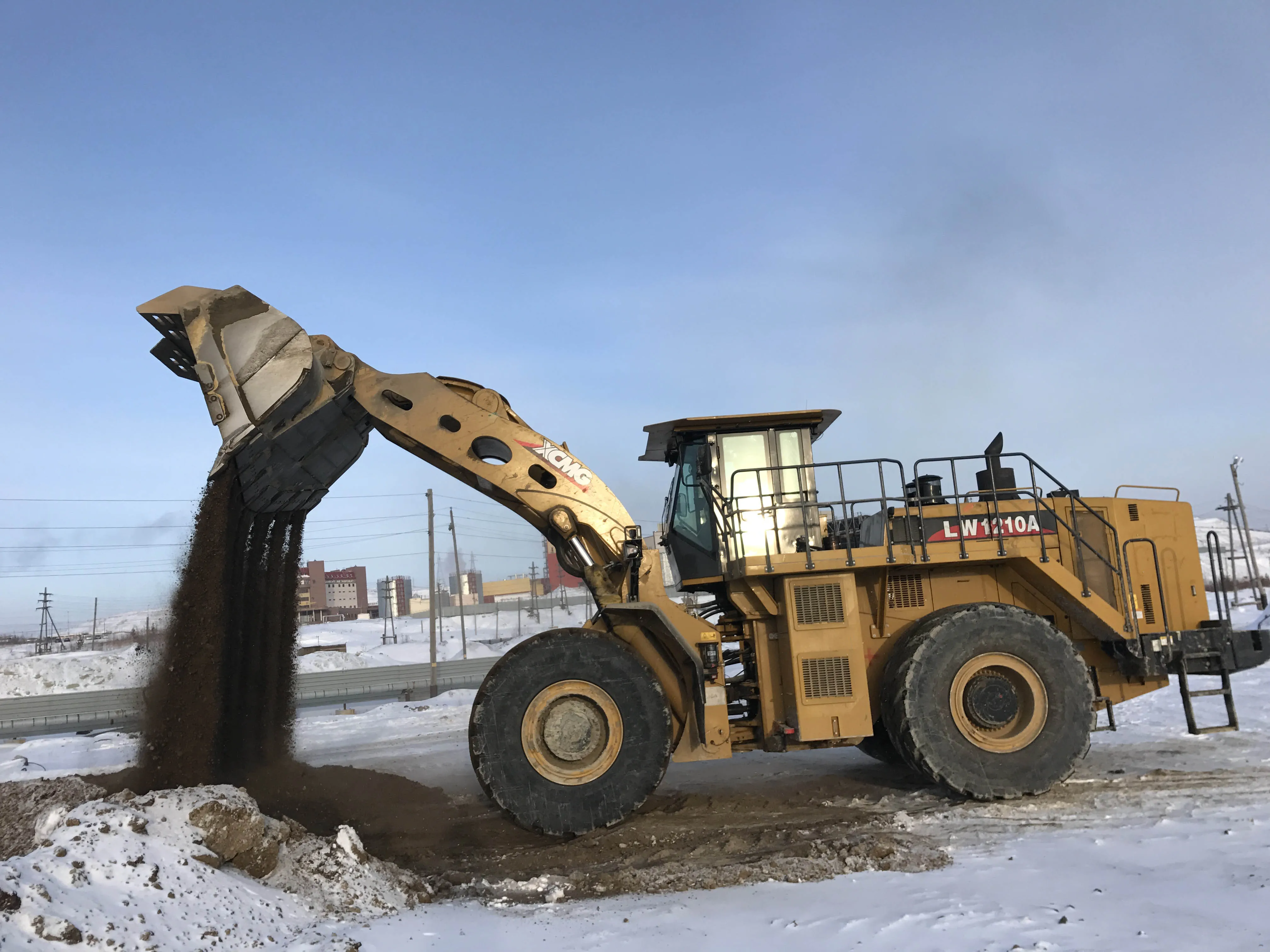
A Canadian firm is using road recycling equipment from Italian supplier
The firm selected two of FAE’s MTH models with water spray systems for the work as the units allow the company to get the job done in three passes to cover the 7m road width. The units were supplied by GB Equipement, an authorised FAE distributor for central and eastern Canada.
The FAE MTH machines are able to crush rocks, stabilise and do full depth reclamation. This has provided a huge step forward for Rural Municipality Wilton as the firm’s previous work method consisted of picking up rocks from the road, moving them to a plant to be crushed and bringing them back onsite. Using the MTH units has speeded up the work considerably, as well as lowering costs and delivering better quality.
The MTH units are towed by tractors at working speeds from 0.3-0.5km/h and operate to working depths of 400mm, while delivering a final product size of 25.4mm.








